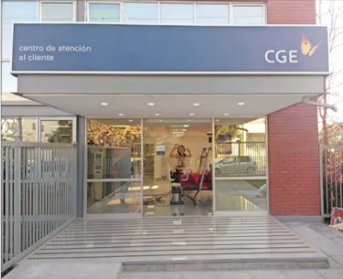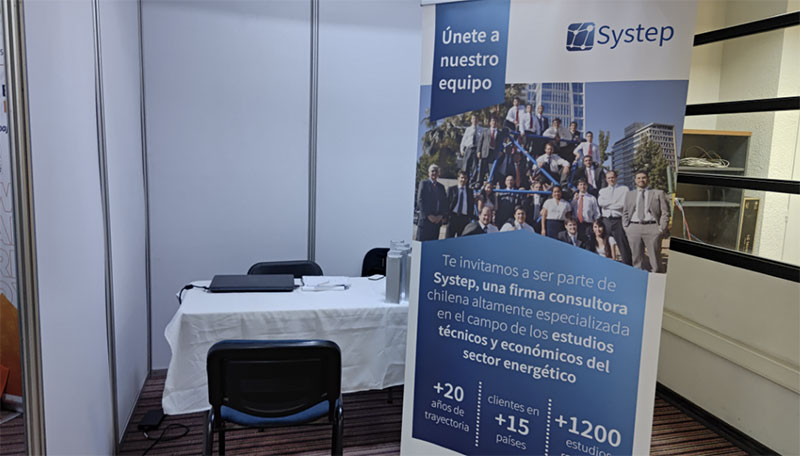
Experts rule out problems of free competition due to the characteristics of the industry; however, they raise the alarm in view of the discussion of the portability law.
By Tomás Vergara P.
Source: El Mercurio – November 17, 2020
After the announcement of the sale of the distribution company CGE to the Chinese state-owned State Grid, doubts arose regarding possible difficulties that the operation, valued at some US$3 billion, could face.
From the point of view of free competition, there is an important precedent that could pave the way for the mega operation, the most relevant so far this year. This has to do with the investigation carried out by the National Economic Prosecutor’s Office (FNE) after the purchase of Chilquinta’s assets by the same Asian firm.
On that occasion, the FNE endorsed the operation, in an analysis in which the prosecuting agency concluded that the purchase did not have the aptitude to substantially reduce competition, due to the scarce changes “in the ability and incentives generated as a result of it”, together with the strong limitations imposed by the current regulation in electricity matters.
In this line, Systep’s general manager, Rodrigo Jiménez, says that in the current regulatory scheme there is no regulatory risk of free competition, since by definition distribution companies are natural monopolies with tariffs set by the authority.
Where the expert does repair, in the context of the current discussion on electricity portability and integration of new businesses. “If the bill advances and the same distribution companies are allowed to participate directly and without restrictions in the commercialization of energy, there will clearly be large conglomerates with greater market power than the potential new players. The same applies to the potential integration of new businesses for regulated clients, such as storage and generation at the household level”, warns Jiménez.
Fernando Araya, a free competition lawyer at Estudio Lewin, agrees, pointing out that “tariff regulation disciplines prices in segments of natural monopoly and where there are no regulatory failures, but in segments that are more open (today in the future) to competition, the analysis is more complex and in detail. We have to think that an electricity portability project is being discussed and with an excessively concentrated market in some of its segments, this portability also becomes more illusory”, he assures.
The executive director of Ecom Energía, Sebastián Novoa, agrees with the other experts and points out that “monopolistic conditions should be maintained, as long as the owner of the distribution company is kept away from potential competitors there is no problem”.





